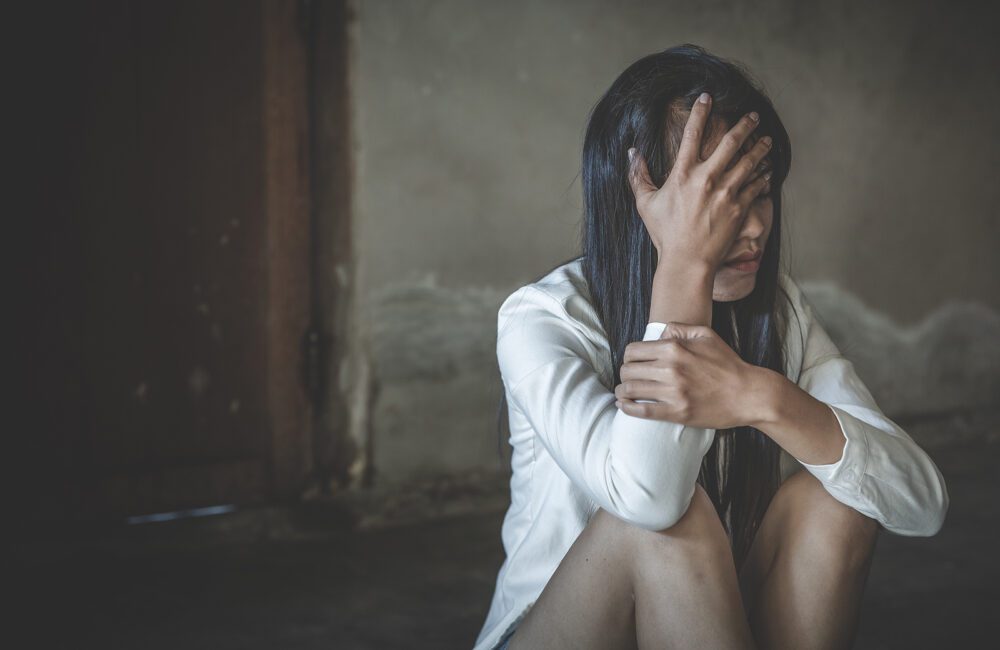What to Know If You’re Newly Diagnosed with Depression
Depression, or clinical depression, is one of the most common mental health issues today. More and more people suffer with this mental health disorder, which can make day-to-day life really difficult.
It can impact how you behave around others, your mood and your self-esteem. If you have recently been diagnosed with depression, then you may not know where to turn from here, what this means for you, and what to do about it.
When you are diagnosed with depression, this can be difficult news to take. For some, it may feel like a relief, where you get some sort of answer or explanation for how you have been feeling. Others may find the diagnosis hard to understand or take it negatively.
You may not fully understand what depression is, how it can affect you, and what signs are a symptom of your depression disorder. So, let’s look at the common symptoms to look out for.
Symptoms of Depression
There are many signs and symptoms of depression, and it’s important to note that no two people will feel the same when they have depression. That being said, there are some common signs to look out for. These are:
- Consistent low mood
- Mood swings
- Irritability or angry outbursts
- Difficulty sleeping, insomnia, or oversleeping
- Lack of interest or pleasure in normal activities or things you once enjoyed
- Feelings of intense sadness, emptiness, and worthlessness
- Hopelessness
- Low self esteem
- Negative thoughts
- Suicidal thoughts
- Loss of appetite or overeating
- Issues with self image and self confidence
- Inability to concentrate
- Lethargy or lack of energy
Knowing these common symptoms can help you understand your behavior and mood, and know that it is a sign of your mental health disorder, which is not your own personality, or your fault.
What to Do After Diagnosis
After being diagnosed with depression, you may feel confused and unsure of what to do next. You may struggle with the diagnosis, feeling that you are broken in some way. We promise you, this is not the case.
Having a mood disorder can be a struggle, but you can get through it. With support and treatment, you can lessen your symptoms. However, it is important that you speak to others and seek support from friends, family, and others in the community.
You could also join a support group with people who are going through a similar thing as you, to gain moral support and be around those who identify with your struggle.
It’s also a good idea to do research on depression, and pass this onto loved ones to help them understand what you are going through. There are a lot of myths and misinformation about mental health, so doing research can help clear your mind and educate around these topics.
When it comes to depression, having support can be essential in your recovery. You may be irritable, have negative thoughts, or suffer from angry outbursts from time to time. When those around you can understand that this is a symptom of depression rather than your character, it can help you feel less judged in these cases.
Try to be open with those around you and explain that your mood and behavior may fluctuate from time to time. This can also ensure that they are patient and understanding around you.
You should also try to maintain positive energy. This can be done by doing activities you enjoy or that fulfill you, and ensuring that you take care of yourself. Physical exercise can boost the mood, and self-care can make you feel calm and relaxed. Take time for these activities to take care of your physical and mental health.
Finally, speak to a counselor or therapist for guidance and treatment, as they can help you move forward with your life and recover.

